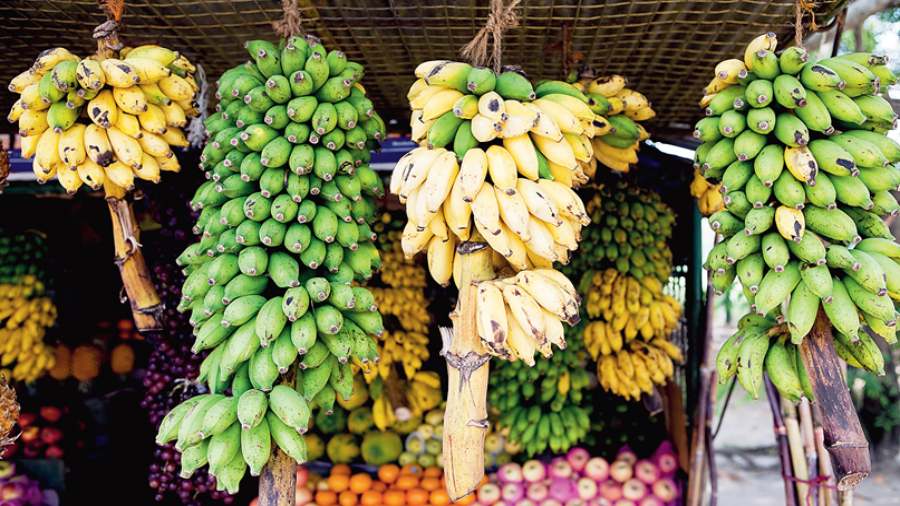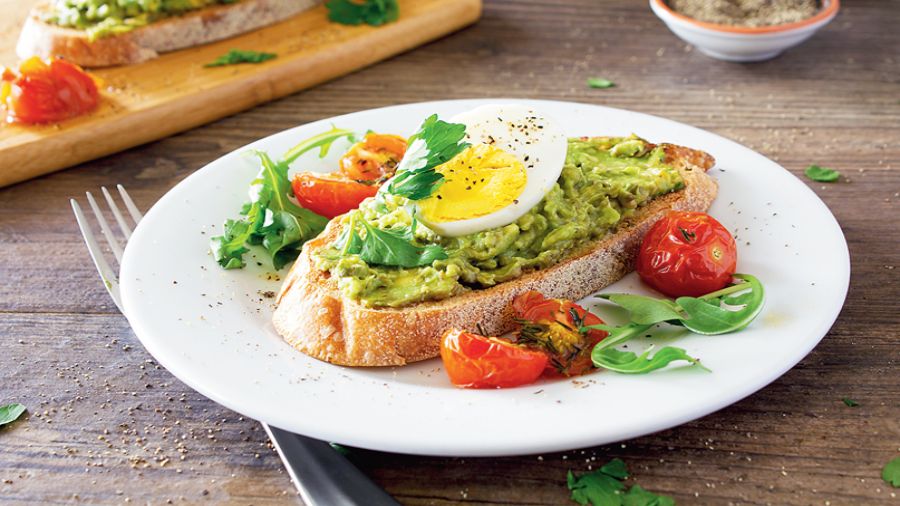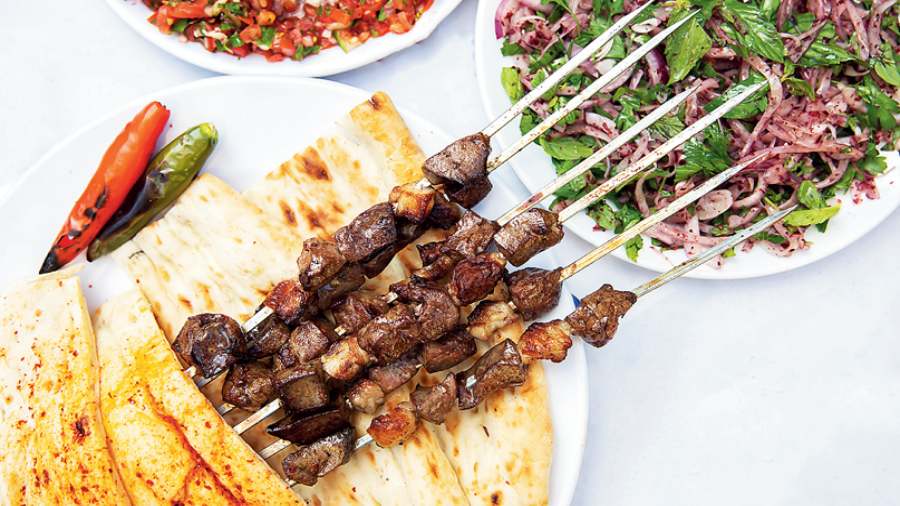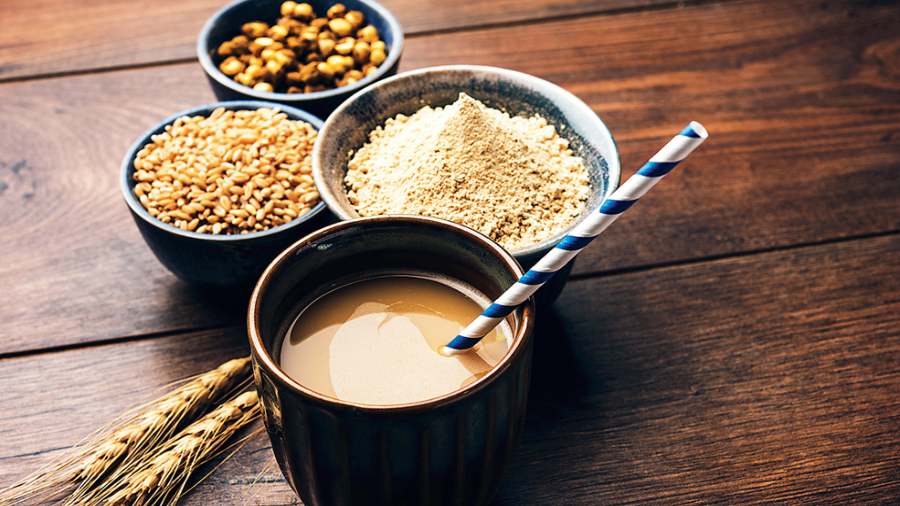I feel sorry for food. We have actually lost our focus as to why we eat food. What is the primary role of eating? Food is labelled good or bad, healthy or unhealthy, disease causing or disease reversing. We call it everything, paleo, Atkins, Keto, and what have you, but food. We should eat food to fuel , nourish and grow. The main purpose of food is to give us energy to exist. Energy is the driving force of life, without which we will perish. Let’s refocus and eat food for energy and how to derive the most from it.
Energy & Food
Energy is the capacity or ability to work. We derive energy from foods we eat and drink in the form of calories. But not all foods are equal and they don’t affect your energy levels the same way. By choosing the best fuel for the body, one can promote dramatic improvements in energy levels and enhanced sense of well-being.
Carbohydrates are the most readily available fuel source in the blood stream. The body only has a limited ability to produce sugar in the blood stream from substances other than carbohydrate. This means that consuming a diet high in carbohydrates is essential for energy. The best way to maximise your energy is to eat a combination of both complex and simple carbohydrates. Complex carbohydrates which are slow-releasing sugars, such as oats, whole wheat (atta), barley, millets, brown rice provide sustained and consistent energy, should make up the bulk of the carbohydrates we eat. However, for an immediate burst of energy, one cannot ignore simple carbohydrates found in fruits, vegetables and honey. Fast-releasing sugars such as sweets, maida, sugary drinks, white bread, give us a sudden burst of energy that fizzles out in no time.
Fats provide more energy (nine kcal) as compared to carbohydrates. They, however, do not provide a ready source of energy. Energy stored in the form of fat is the body’s last resort for its energy supply and is not easily accessed. Moreover, it has harmful effects on health if eaten in excess. High-fat foods can help replenish fuel stores in the body.
Protein contributes a very small amount of energy. Only under extreme conditions such as starvation, when little energy can be derived from depleted fat and carbohydrate reserves, amino acids (building block of proteins) can be used to provide energy.
Top five pick-ups for energy

Banana
Bananas: Convenient, easily available and cheap source of quick energy. Apart from being a good source of natural sugar, it is a great source of vitamin B6 and potassium, making not only an excellent energy booster but great for muscular strength too. Eating a banana before exercise helps in improving your endurance, by supplying a steady supply of energy.

Eggs
Eggs: They are a storehouse of vitamins and minerals. It contains folate, riboflavin, thiamine and essential B vitamins — vital micronutrients for converting food into sustained energy. Moreover, it contains six grams of complete protein. They also contain choline, precursor for acetylcholine, which energises your muscles. However, to reap the energising benefits of the egg, don’t forget to eat the yolk, it’s the most nutritious part. It packs in most of the energy-giving nutrients and half the protein securely in its gel-like structure.
Sattu: This powder made of roasted Bengal gram with its humble origins, is considered as a potent source of energy and stamina. Not just like that, it contains favourable nutrients to be considered so. It is an energy-dense food option. 50 grams of sattu can provide about 190 calories, which is released slowly to provide long-lasting energy. It is also rich in B-Complex vitamins and iron, magnesium and iron, making it a great metabolism booster.

Liver
Mutton or beef liver: Animal liver can be considered to be one of the most nutrient-dense food ever available in the world. Liver’s nutritional value in terms of vitamins and minerals is far superior than all fruits and vegetables. It is considered the best source for many essential nutrients and is also rich in protein. Beef liver is an excellent source of Vitamin B12, helps in the formation of red blood cells and promotes healthy brain function. It also contains riboflavin, which helps turn food into energy. The iron in the liver is in the heme form, the variety which is easily absorbed by the body. If you are looking at amplifying your energy levels, it’s a food which you must try!

Water
Water: Poor hydration can also make you feel drained, tired and out of sorts. If you are dehydrated, the body gets it resources into maintaining water balance instead of generating energy. Therefore, your water intake can play a pivotal role in determining your energy scores. Everyone’s water needs vary depending on their lifestyle. However, one must try to drink at least eight glasses of water per day. In hot and humid conditions, it may increase by a few more glasses.
Cut down on

Caffeine: Most of us are dependent on tea, coffee, cocoa to give us the kickstart in the morning. We feel that a certain level of consumption is indispensable to maintain our energy levels. However, all these foods as well as chocolate and soft drinks contain caffeine, which can certainly improve energy levels for a short duration, but the boost is normally followed by a period of increased fatigue, which leads to another shot of caffeine and you gradually lose the count of cups of tea and coffee consumed. Find yourself caught in the vicious cycle? Stimulants such as coffee and cigarettes initiate the stress response leading to release of adrenaline, cortisol (stress hormones), calming you down instantly. The constant abuse of adrenal glands may result in Chronic Fatigue Syndrome.

Sugary foods and drinks: High and regular consumption of foods such as candies, cookies, cakes, soft drinks, sweetmeats cause rapid rises in blood sugar and then a sudden drop (low blood sugar), leaving you physically and mentally tired later on. In the long term, sugar may deplete your body of nutrients such as B vitamins, which play an important role in the generation of energy, leaving you exhausted. Reduce your craving for sugary snacks by making sure you eat regular meals, thereby avoiding low blood sugar. If you need a snack, chose a low-sugar alternative.

Alcohol: It works in the same manner as high sugary foods in the body; it gets rapidly released in the bloodstream and leads to problems of low blood sugar later. Many alcoholic beverages contain substances called congeners that contribute to hangovers and also deplete the body of energy. Try diluting wine with water or adding extra non-alcoholic mixers to alcohol to reduce the alcohol content of your drink.
Unhealthy weight-loss diets: These diets are low on nutrients and do not supply sufficient energy. However, getting energy from our diet is a complex process and not simply a matter of putting the right foods in our mouth.
Watch out and improve your….
• Sleep
• Stress
• Digestion
• Level of physical activity
It is normal to feel exhausted at the end of a long tiring day, but if you are someone who is always energy deprived, then there may be a condition which needs attention. Check yourself for…
• Anaemia
• Nutrient deficiency disorder
• Asthma
• Underactive or overactive thyroid
• Insomnia
• Sleep apnoea
• Pregnancy
• Depression
Our body prefers carbohydrates to proteins and fats as a source of energy. However, to maximise energy production from food, one needs to consume a varied, balanced diet. Vitamins, fibre, fats, and proteins are all essential for energy, but it is crucial to find a balance between them. One should try to choose a varied diet containing many different, nutritious foods that give the body sustained energy.

Hena Nafis is a consultant nutritionist and the owner of nutrition and lifestyle clinic Nutrience, and the health cafe, Eat Good Food. You can follower her on Facebook and Instagram @officialhenanafis
Energy essentials
The primary ingredients that the body uses to generate energy are glucose (carbohydrate) and oxygen. The mechanisms that enable the body to convert sugar and oxygen into energy also require a variety of vitamins and minerals. Red blood cells are responsible for transporting oxygen around the body and depend on certain nutrients for their manufacture. These important nutrients are:
Nutrient Role Source
• B1, B2 and B3: Essential for the reactions that convert food into energy; Unrefined whole grains, liver, cabbage, cauliflower, asparagus, fish, eggs, red meat, nuts, beans and legumes
• B5: Needed for red blood cell production; Necessary for the metabolism of carbs, protein and fat; Mushrooms, broccoli, alfalfa, peas, lentils, avocados, tomatoes, wholewheat
• B12 Helps blood carry oxygen, needed for making use of protein; Oysters, sardines, kidney, liver, eggs, shrimp, chicken, cottage cheese, cheese, milk
• Folic acid Helps blood carry oxygen, needed for making use of protein; Wheat germ, spinach, peanuts, sprouts, cashew nuts, walnuts, beef, lamb
• Iron Essential for red blood cell formation and energy production; Meat, eggs, green leafy vegetables, dates, prunes, raisins, almonds, beans
• Chromium Helps to maintain blood sugar stability; Brewer’s yeast, green peppers, eggs, butter, potatoes, apples
Best foods for continuous supply of energy
• Fresh Fruits
• Fresh Vegetables
• Wholegrains like oats, wholewheat bread, bajra, jowar, barley
• Beans and legumes l Meat (small portions)
A healthy lifestyle can be enjoyed with...
• No caffeine drinks Low-sugar snacks
• Herbal teas Fresh fruits
• Fruit juices Wholewheat crackers
• Coconut water Nuts and seeds
• Buttermilk Vegetable crudites
